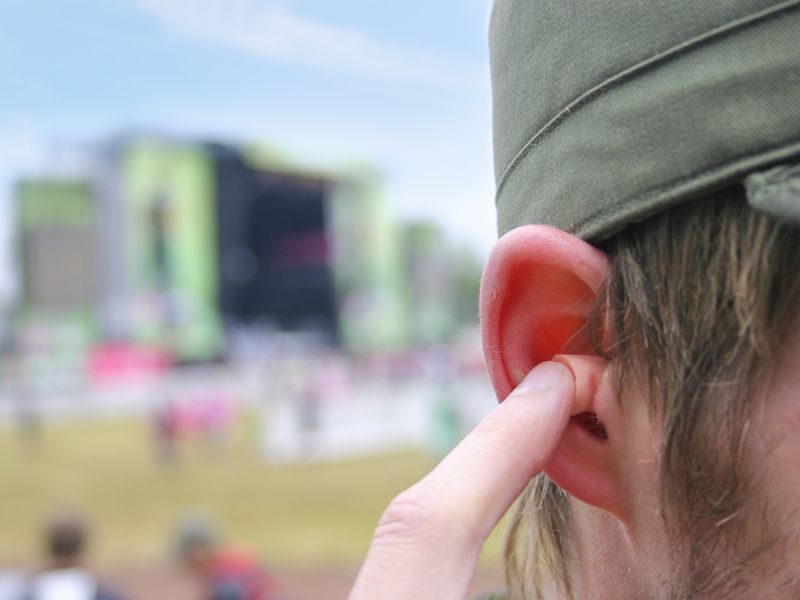
If you’re subjected to loud sounds, for instance running a lawnmower in your yard, going to an arena to see your favorite band play, or merely sleeping in your own bed next to a snoring spouse, earplugs may be practical. In the first two situations, they can assist in protecting your hearing by turning down the volume. In the last situation, they reduce the decibels plus help protect your sanity (and maybe your relationships) by enabling you to get a good night’s sleep. But are these ear protectors, actually, causing harm to your ears?
What’s The Purpose of Using Earplugs?
The argument for earplugs is pretty simple: Properly used, earplugs can limit your exposure to excessive sound levels and thereby shield your ears. When you leave a loud venue, say a football game where the Jumbotron keeps telling the crowd to, GET LOUD, when the opposing team kicks off, you’ve most likely observed that your hearing seems different, and you might also suffer from symptoms of tinnitus. Those small hairs are bent by this sort of noise exposure and that’s why this occurs. It often goes away within a couple of days, because the hair cells have recovered.
But if you’re subjected to excessive decibels frequently, for example, if you work on a construction site or at an airport, the aural assault on those tiny hair cells is unyielding. In this circumstance, those hairs never recover, they are permanently damaged. Inside each cochlea, you have approximately 16,000 of these little hair cells, but up to 50% of them can be destroyed or at least injured before you would notice the change in a hearing exam.
How Can Your Hearing be Harmed by Wearing Earplugs?
With regards to safeguarding your hearing, you’d think it would be a no-brainer to wear earplugs. But if your exposed to loud noises on a day to day basis, this seems to be even more obvious (like on the job or when your spouse snores as previously stated), headphones that limit, but don’t completely cancel, sound or over the head earmuffs are a much better idea. Earplugs aren’t the best choice for everyday use but are better suited to one off occasions such as a concert or sporting events.
Why? The first problem is, earwax. In order to protect themselves, your ears make earwax, and if you’re constantly using earplugs, they will create more of it, and the earplugs will jam it in further. Tinnitus and other problems can be the result of impacted earwax.
An ear infection can be another issue for people who use earplugs. If you repeatedly use the same pair, and you don’t clean them properly from use to use, they can become breeding grounds for bacteria. Ear infections are, at a minimum, a painful inconvenience. If neglected, in the worst situations, they can cause an ear infection.
How Can You Safely Use Earplugs?
Earplugs nevertheless have a strong upside, whether it’s protecting your ears or getting a peaceful night’s rest. You just have to be sure you’re using the proper kind and using them in the correct way. The porous material of foam earplugs is a germ haven so it’s a helpful thing they are the least expensive. Silicone or wax earplugs are reusable, but you have to keep them sanitized, wash them with warm water and mild soap to cleanse them, and don’t put them back in your ears until they’re thoroughly dry. It’s also a good idea to store earplugs in a ventilated container to prevent humidity, or worse, bacteria or mold, from accumulating.
If you want or need to use earplugs on a regular basis, you may want to get in touch with us about getting custom-made earplugs. They are comfortable because they are made from molds of your ears and they’re reusable. But it’s crucial not to forget, good earplug hygiene can prevent hearing impairment.

